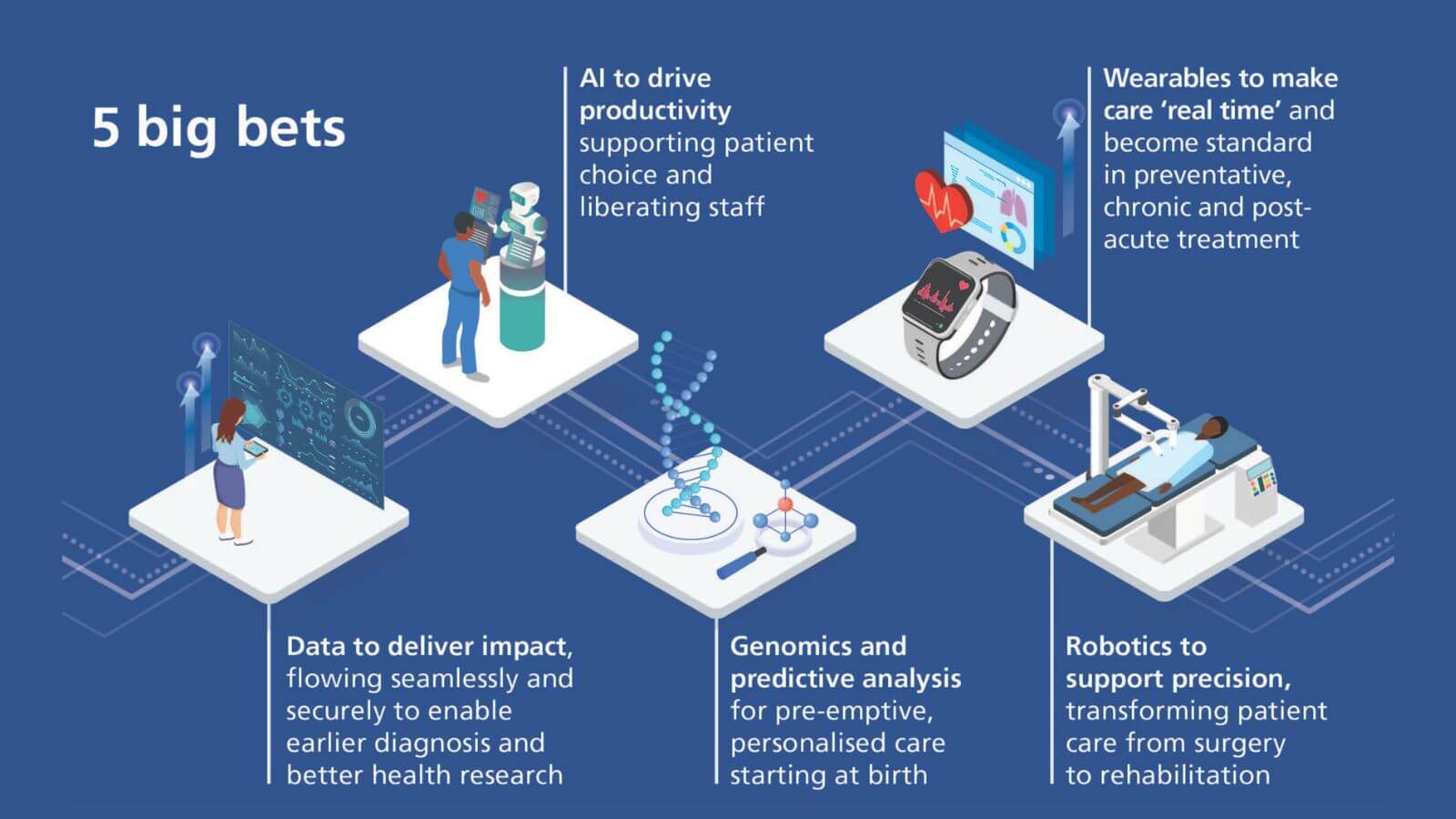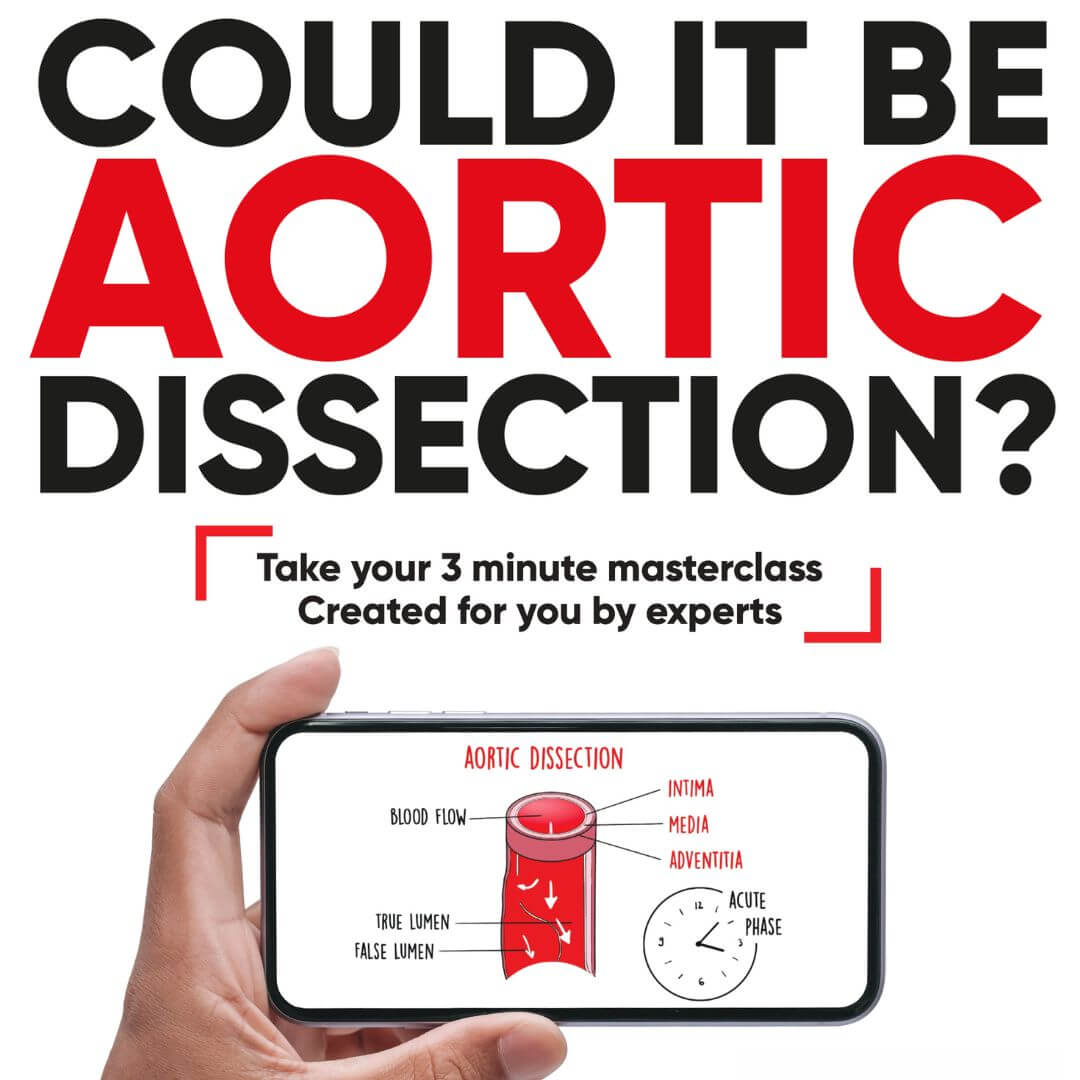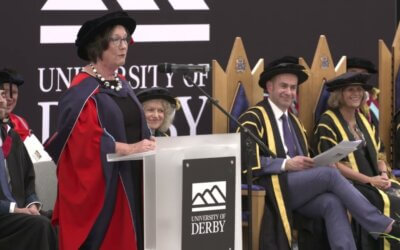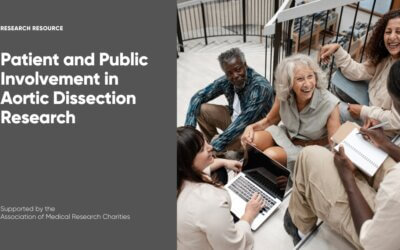The UK Government’s publication of the Fit for the Future: 10-Year Plan has triggered significant debate across the healthcare and charitable sectors since its launch last week. At the Aortic Dissection Charitable Trust, we welcome the ambition behind the plan, particularly its focus on genomics, digital innovation, and personalised care. However, these aspirations must be underpinned by careful implementation that genuinely reflects the needs of people living with complex and life-threatening conditions such as aortic dissection.
Genomics and Early Detection
A central feature of the plan is the ambition to embed genomics into routine NHS care. For those at risk of aortic dissection due to inherited conditions, this represents a potentially life-saving shift. Universal newborn screening, a national genomic health service, and personalised prevention strategies offer new paths for identifying those at risk before critical events occur. However, this promise must be met with comprehensive clinical services and appropriate counselling. A diagnosis without the proper support structure can leave individuals feeling vulnerable and overwhelmed, particularly when the condition is as serious as aortic dissection. As part of this effort, members of the charity’s PPI are contributing to the National Cardiovascular Disease Prevention Programme to help realise the ambitions of the NHS Long Term Plan and ensure that those at risk of aortic dissection are not left behind.
Towards Personalised, Patient-Centred Care
The integration of genomic and clinical data through enhanced NHS App functionality could significantly improve the management of lifelong conditions. Patients with aortic disease could benefit from improved coordination across primary, secondary, tertiary and community services. Misdiagnosis and fragmented care pathways have long been challenges for our community; digital solutions that offer access to care plans and test results are a step forward. Yet these tools must be equitable, user-friendly, and designed to complement, not replace, face-to-face consultations and specialist expertise.

The Role of Specialist Centres
The plan’s emphasis on community-led and charity-supported services is welcome, but it lacks a clear commitment to specialist care. Access to expert multidisciplinary teams, vascular surgeons, geneticists, cardiologists and specialist nurses, is not a luxury for patients with aortic disease; it is a necessity. A move away from hospital-centric models must not undermine investment in these critical services. Maintaining and expanding centres of excellence is vital to ensure patients receive the expert care their conditions demand.
Innovation Through Data and Research
The Government’s support for artificial intelligence and automation offers potential benefits in clinical accuracy and efficiency. However, progress is currently limited by inadequate data infrastructure and a lack of condition-specific datasets. To truly harness AI, investment must extend to data collection and training that includes conditions like aortic disease. Without this, opportunities to detect early warning signs may be missed.
The charity sector has a central role to play in this research agenda. We welcome the recognition of charities as delivery partners and research enablers. Embedding clinical trials into routine NHS care, increasing clinical academic posts, and investing in research training are all necessary steps. Aortic dissection remains significantly under-researched, and The Aortic Dissection Charitable Trust will continue to work with partners to fund early-stage studies and advocate for NIHR-backed research that reflects the lived experiences of our community.
A Future-Ready NHS Must Be an Inclusive One
While the 10-Year Plan paints a vision of a digitally enabled and innovation driven NHS, success must be judged not only by efficiency or technological advances but by how well the system serves those most vulnerable. Inclusion must be at the heart of delivery. It is encouraging to see recognition of the role that charities can play in delivering immediate support after diagnosis, something TADCT is actively providing through inpatient support, tailored information and guides, and ongoing outpatient engagement. The charity will ensure that the voices of those affected by this devastating condition are heard and included in shaping a health system that is truly fit for the future.




